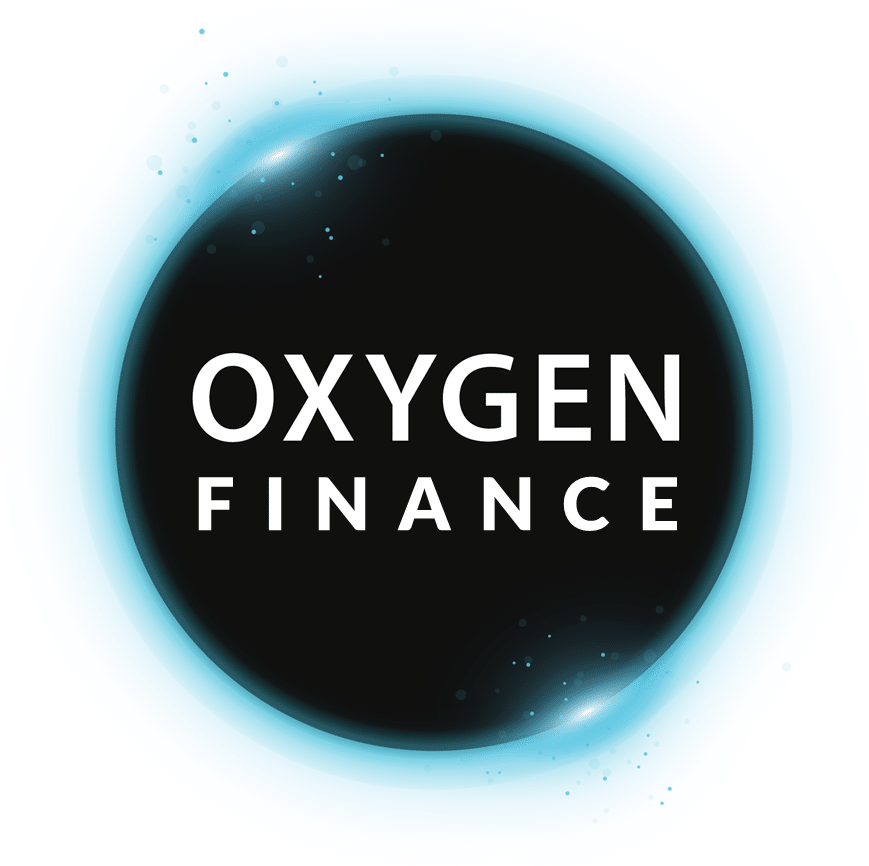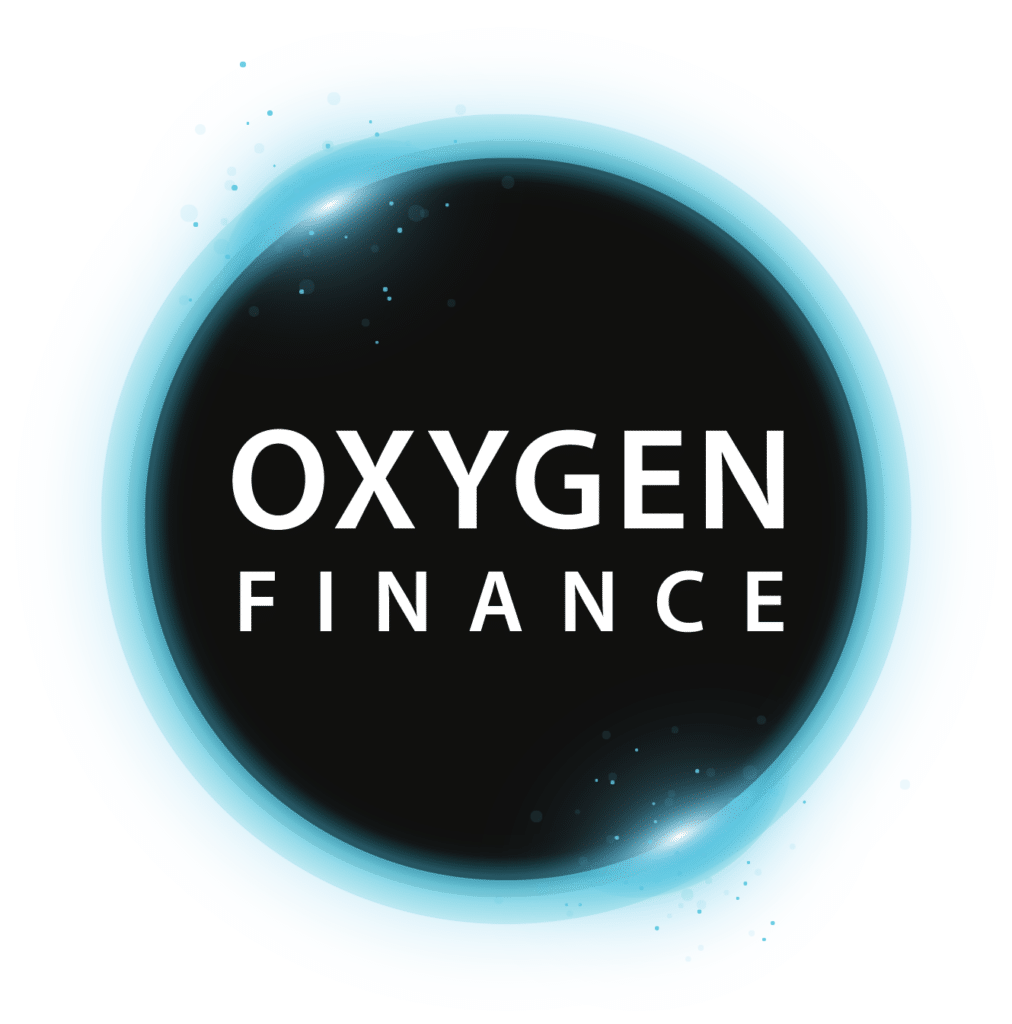Over the last decade, social value has become a crucial part of the public tendering process, and therefore an important consideration for public sector suppliers who want to secure government contracts.
In this blog post, Sarah Hinchliffe, Sales and Bid Consultant with i4 Consultancy and Design Ltd and founder of the APMP’s UK Social Value Group, will explore what social value is, the legislation, policies, and guidance behind it, why it matters to the bidders, and how to prepare for it and measure it.
What is Social Value?
Social value refers to the three pillars of improving societal well-being: environmental, economic, and social.
- The environmental pillar, often known as ‘planet,’ is about protecting and enhancing the environment by fighting climate change with lower carbon footprints and good ecology.
- The economic pillar, also known as ‘place,’ is about channelling resources into local economies to create powerful and resilient organisations and support good quality jobs.
- The social pillar is about people – improving the lives of individuals and communities from all walks of life. It’s about levelling up and fairness, equality, inclusivity, and diversity.
The ‘value’ in social value refers to the degree of impact created from tasks and activities in these three areas.
There is an overlap between social value, CSR (Corporate Social Responsibility), ESG (Environment, Social, and Governance), and the UN SDGs (United Nations Sustainability Development Goals). However, each concept has its own focus and objectives.
While social value emphasises the positive societal impact created by organisations, particularly through specific projects, CSR focuses on integrating social and environmental concerns into a company’s operations and interactions with stakeholders.
In contrast, ESG helps investors assess the long-term sustainability and ethical impact of their investments, whereas the UN SDGs provide a global framework for addressing key sustainable development challenges.
Social Value Legislation, Policies, and Guidance
Social value first achieved official status with the Public Services (Social Value) Act 2012. The Act requires public sector organisations in England and Wales to consider how their procurement impacts social value. Scotland introduced the Procurement Reform Act in 2014, and Wales introduced the Well-being of Future Generations Act in 2015.
In 2019, the UK Government began a public consultation into social value aimed at reinforcing and extending its role and scope. After much contemplation, Procurement Policy Notice (PPN) 06/20 was published, ready for a change in the law on the 1st January 2021.
PPN 06/20 is about taking account of social value in the award of central government contracts. It is accompanied by “The Social Value Model”. Note that PPN 06/20 and The Social Value Model apply to England and UK-wide in-scope organisations.
Scotland has its own SPPN 10/2020 “Measuring social impact in public procurement” and Wales has WPPN 01/20 “Social value clauses/community benefits through public procurement”. Northern Ireland also has its own PPN01/21.
Despite national differences, all buyers are now supposed to build social value into their procurements. They should formulate relevant and proportionate social value requirements that are assessed through well-constructed tender questions and evaluation criteria.
Why Does Social Value Matter?
Social value matters to society because the more every organisation can do to protect the environment, create strong local economies, and ensure the well-being of every citizen, the better society will be for everyone.
Social value is also important to organisations because investors and, increasingly, employees demand strong commitments in these areas, and when it comes to bidding, the quality of your social value response can often make the difference between winning and losing new contracts.
Finally, social value matters to bid professionals because they are the ones doing the winning or losing, dependent on how they assess and respond to individual tenders. Social value will typically be worth 10% of a bid evaluation, so it’s essential that suppliers take it seriously.
How Do You Prepare for Social Value?
As we’ve established, social value isn’t just about bid teams. It’s about the whole organisation, why is why it’s crucial that your executive team buys into it. Much of what you’re doing right now for established CSR or ESG programs will help, but to be successful your social value efforts will need to be both company-wide and contract-specific. To achieve this, you will need to develop a social value strategy that integrates all your environmental, economic, and social initiatives with a method for measuring and reporting.
One way to embed social value into your organisation is certification. For example, you can certify at a company level with B Corp, Social Value Quality Mark, or Social Value UK, which also offer individual certification. It’s essential that everyone has at least social value awareness training because social value will involve people from across your organisation at some point.
Building social value into capture is particularly important. By capture, we mean the period between identifying an opportunity and receiving an Invitation to Tender or Request for Proposal. This is the time when you should be in dialogue with your prospect and, ideally, influencing or shaping the requirements – and it’s at this stage that you also need to shape social value requirements. It’s a good idea to add social value into your capture plan templates as a reminder.
Finally, you need to prepare your bid team. After initial training, it’s important to stay up to date by reading widely. Once you start answering social value questions, start to incrementally develop bid library components – and remember to build and maintain good working relationships with colleagues who will help you design and deliver contract-specific social value commitments.
How Do You Measure Social Value?
It’s important to understand the difference between input and impact metrics.
- Social value input metrics measure what you are investing in an initiative, such as money, resources, and time. Input metrics help you assess and monitor the scale of your investment and the extent of your commitment.
- Social value impact metrics measure the actual outcomes and effects of the social initiative on its intended beneficiaries or community. These metrics assess the changes, benefits, or improvements brought about by the initiative. Impact metrics are often more complex to measure compared to input metrics and may require quantitative and qualitative research to assess.
For a comprehensive assessment of your social value effectiveness, both types of metrics are important. You will need to measure, monitor, and report on both individual contracts and your overall performance.
There are many models and tools available on the market for suppliers and buyers to choose from. Examples include the National TOMs (Themes, Outcomes, and Measures) from Social Value Portal, Thrive, Loop, whatimpact, Social Value Bank, Social Value Engine, HACT and Impact Advantage.
How Do You Tackle a Social Value Question?
A social value question is no different from any other tender question, and the key to a good response is to follow best practice.
1. Read the question, make sure you fully understand what the customer is asking for, and deconstruct the question so you can see all the component parts.
2. Work out your story, plan your answer, and write a clear, concise, accountable and confident response.
3. Get your response reviewed and approved. It’s important that your company buys into your commitments – if you win, you will have to deliver!
Social value is a vital consideration for public sector suppliers. It’s crucial to take it seriously, design a company strategy and metrics and get everyone trained. You’ll also need to have early conversations, make contract-specific commitments, write clear, accountable responses, and deliver what you promise. By following these steps, you can make a positive impact on both your win rates, and society.
To learn more about Sarah’s approach to social value in public sector bids, watch her webinar ‘How To Tackle Social Value in Public Sector Bids (and Win More Business Too)’, and you can book your place on her half-day social value workshops here.




